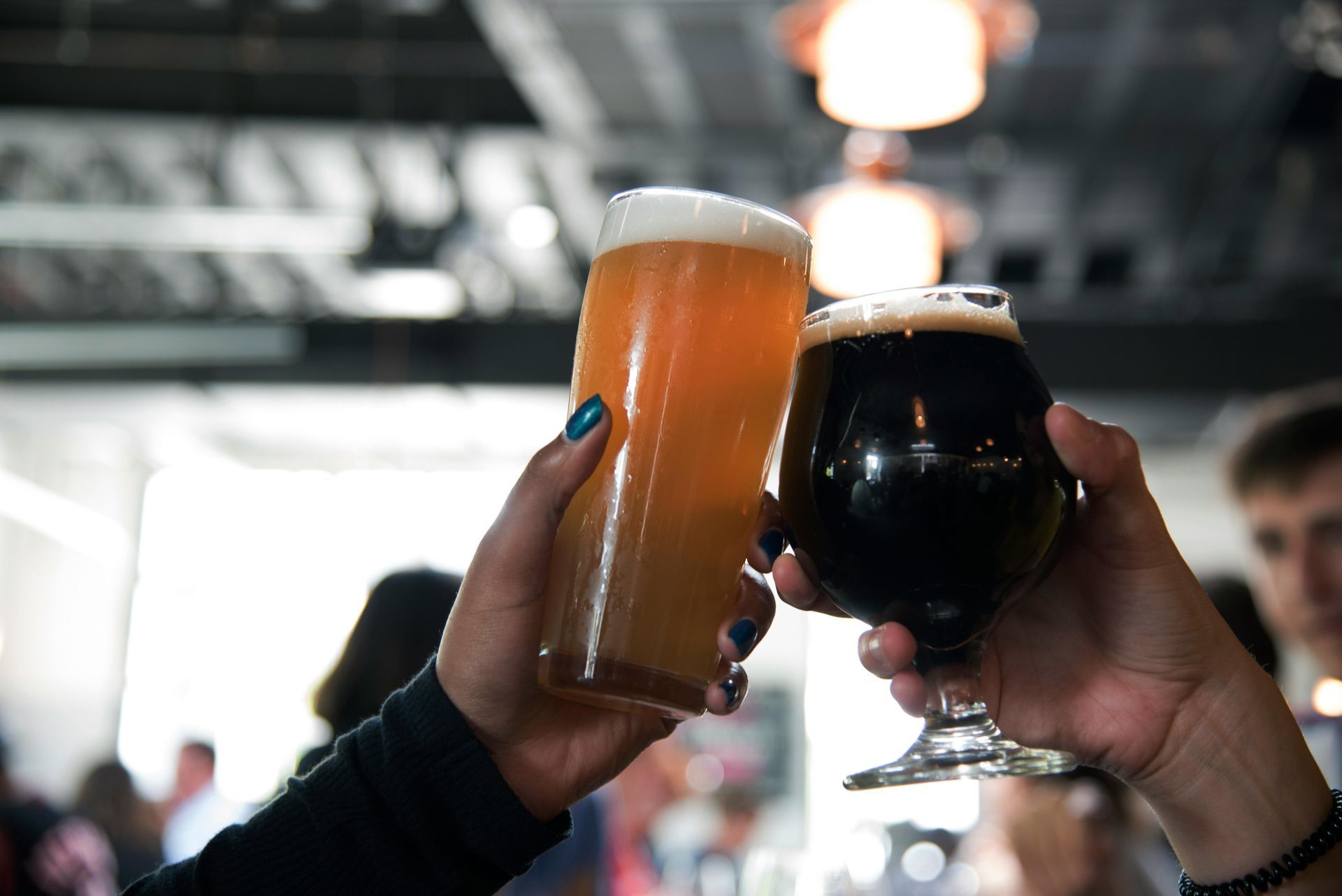Underage Drinking Laws in Arkansas Overview
Learning about Arkansas’s underage drinking laws can help student minors avoid potential arrests and/or violations.
Underage drinking laws in Arkansas are set up to strictly control the access minors have to alcohol and to discourage early exposure through legal consequences. In Arkansas, anyone under the age of 21 is prohibited from purchasing, possessing, or consuming alcohol. The state has established a zero-tolerance approach to underage drinking, which means that even low-level blood alcohol content (BAC) levels can result in charges for minors. These offenses are classified as misdemeanors, and the penalties can vary depending on the specific circumstances, such as prior offenses or the amount of alcohol involved.
Minors caught violating Arkansas's underage drinking laws may face a range of penalties. First-time offenders typically incur fines and community service. However, they may also face mandatory enrollment in alcohol education programs designed to reduce recidivism. Additionally, underage drinking convictions can lead to a suspension of driving privileges, which can impact school, work, and family responsibilities. Repeat offenses or situations where a minor operates a vehicle under the influence can lead to increased penalties, including jail time.
Arkansas law also imposes penalties on adults who furnish alcohol to minors. This can include anyone who knowingly provides or sells alcohol to someone under 21, with exceptions for certain family members in private settings, such as parents within the family home. Adults who are found guilty of furnishing alcohol to minors can face significant fines and even jail time, particularly if their actions result in harm or injury to a minor or others.
A conviction for underage drinking or providing alcohol to a minor can have long-term implications, including a permanent criminal record, increased insurance rates, and challenges in academic and professional settings. For minors or adults facing these charges, there are legal defenses that may help mitigate or dismiss the charges, such as a lack of intent or mistaken age verification. Given the potentially lasting consequences, it is often in a defendant’s best interest to seek legal advice for representation and a clear understanding of their rights.
Minor in Possession
Possession of alcohol by a minor, or Minor in Possession (MIP), is strictly prohibited and carries penalties to discourage underage alcohol access and consumption. Minors caught in possession of alcohol may receive fines, community service requirements, and mandatory participation in an educational program. An MIP conviction can also lead to a driver’s license suspension, even if the minor was not driving at the time of the offense
Fake ID Use
In Arkansas, using, possessing, or attempting to purchase alcohol with a fake ID is illegal and considered a serious offense. The law strictly prohibits minors from using fraudulent identification to buy alcohol or gain entry to establishments serving alcohol. Possession or use of a fake ID is a misdemeanor that can result in fines, community service, mandatory alcohol education classes, and potential suspension of driving privileges. Additionally, creating, selling, or distributing fake IDs is a felony offense in Arkansas, carrying even steeper penalties, including possible jail time. Penalties can be more severe if the fake ID use is tied to other criminal activities or if the individual has prior offenses.
Driving Under the Influence
In Arkansas, minors who drive under the influence (DUI) face strict penalties under the state’s zero-tolerance law. For drivers under 21, even a small amount of alcohol in the bloodstream can lead to a DUI charge if their blood alcohol concentration (BAC) is 0.02% or higher. Penalties for a minor’s first DUI offense typically include fines, mandatory attendance in an alcohol education program, and a driver’s license suspension, which increases with repeat offenses. Severe cases, such as those involving accidents, can lead to more serious penalties, including possible jail time.
Public Intoxication
Public intoxication is also a criminal offense for minors in Arkansas. Minors found in a public place while visibly intoxicated can face misdemeanor charges, resulting in fines, community service, and potentially a requirement to attend alcohol abuse counseling. Repeated public intoxication offenses can lead to harsher consequences, such as longer periods of community service or steeper fines.

